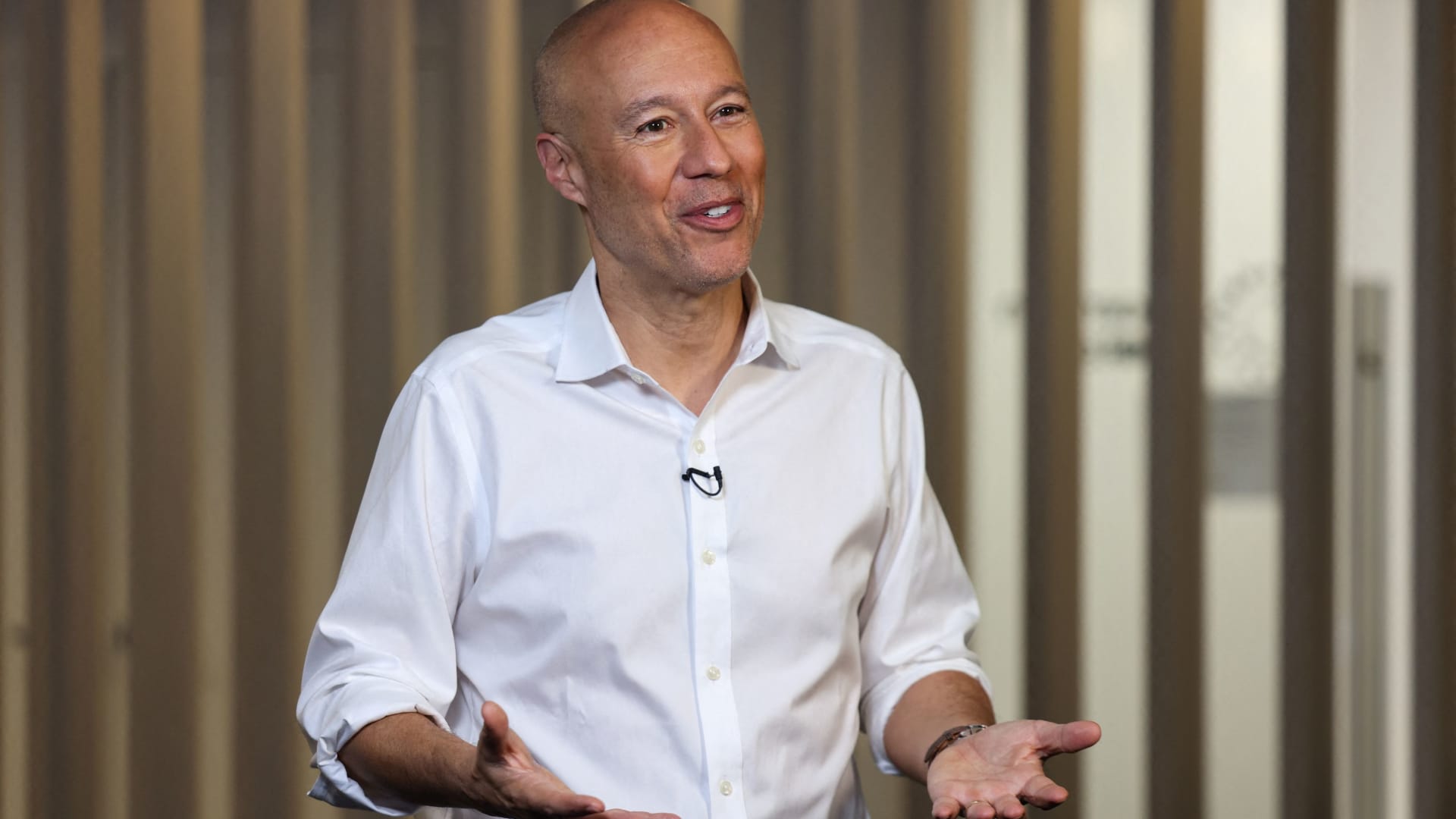Lyft Boosts Buyback Program to $750 Million Amid Investor Enthusiasm
Lyft announced plans to expand its stock repurchase program to $750 million, sending shares surging by as much as 8% in after-hours trading. The San Francisco-based ride-hailing giant revealed the decision on Tuesday, aiming to capitalize on its strong cash position and reassure investors about its financial health. Analysts suggest the move signals confidence in Lyft’s long-term growth despite industry-wide challenges.
Why Lyft’s Buyback Expansion Matters
The expanded buyback authorization represents a 50% increase from Lyft’s initial $500 million program announced last year. This aggressive capital return strategy comes as the company reports:
- $1 billion in unrestricted cash reserves as of Q1 2024
- Three consecutive quarters of positive free cash flow
- A 12% year-over-year revenue increase in its latest earnings report
“This isn’t just financial engineering—it’s a statement about Lyft’s maturation,” said transportation analyst Miranda Cheng of Bernstein Research. “When companies initiate or expand buybacks at this scale, they’re telegraphing that they see their stock as undervalued and expect sustainable profitability.”
Market Reaction and Competitive Landscape
Lyft’s shares (LYFT) jumped to $16.45 following the announcement, continuing a 22% year-to-date climb that outpaces the broader Nasdaq index. The buyback news arrives as ride-sharing platforms face:
- Driver supply challenges post-pandemic
- Regulatory pressures in major markets like California and New York
- Intensifying competition from Uber, which controls 72% of the U.S. market
“Lyft needs to demonstrate it can compete beyond price wars,” noted tech investor Rajiv Sodhi. “Returning capital to shareholders suggests they’re transitioning from growth-at-all-costs to sustainable operations—a necessary shift given Uber’s scale advantage.”
Financial Strategy Under CEO David Risher
The buyback expansion marks the latest strategic move by CEO David Risher, who took the helm in April 2023. Since his appointment, Lyft has:
- Reduced operating losses by 68% year-over-year
- Cut 1,200 positions (26% of workforce) in restructuring efforts
- Invested in higher-margin services like corporate travel and luxury rides
“We’re building a company that balances growth with financial discipline,” Risher stated in the earnings call. “The buyback reflects our confidence in Lyft’s trajectory and commitment to delivering shareholder value.”
Potential Risks and Analyst Concerns
Some market observers caution that buybacks could limit Lyft’s flexibility amid industry uncertainty. Key concerns include:
- Electric vehicle transition costs as cities mandate zero-emission fleets
- Ongoing litigation over driver classification
- Potential economic downturn reducing discretionary ride spending
“They’re playing with fire,” warned short-seller Marcus Dewey. “This sector still requires massive R&D investment—Lyft may regret prioritizing short-term stock pops over long-term innovation.”
What’s Next for Lyft and the Ride-Sharing Sector?
Industry watchers will monitor several developments in coming quarters:
- Lyft’s ability to maintain pricing power as inflation persists
- Progress on autonomous vehicle partnerships
- Expansion into adjacent markets like bike/scooter sharing
The buyback announcement coincides with Lyft’s planned investor day on June 12, where management will likely detail how the company intends to balance capital returns with growth initiatives. For now, the market appears optimistic—Lyft’s options trading volume spiked 140% following the news, with call options outpacing puts 3-to-1.
As the ride-sharing wars enter a new phase focused on profitability over expansion, Lyft’s bold buyback move suggests it’s ready to compete on financial metrics as well as street corners. Investors seeking exposure to the evolving mobility sector should watch how this plays against Uber’s global dominance and emerging competitors.
See more Business Focus Insider Team

